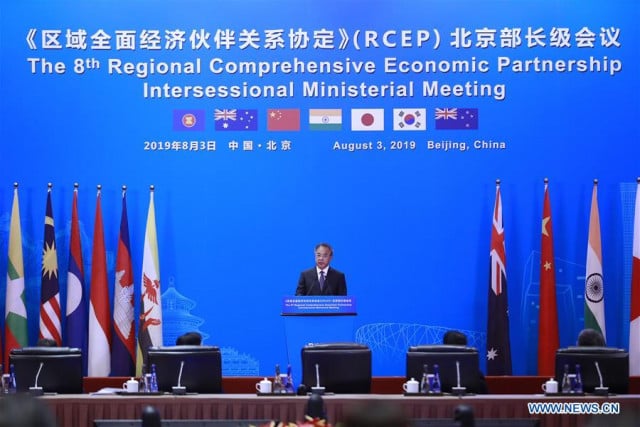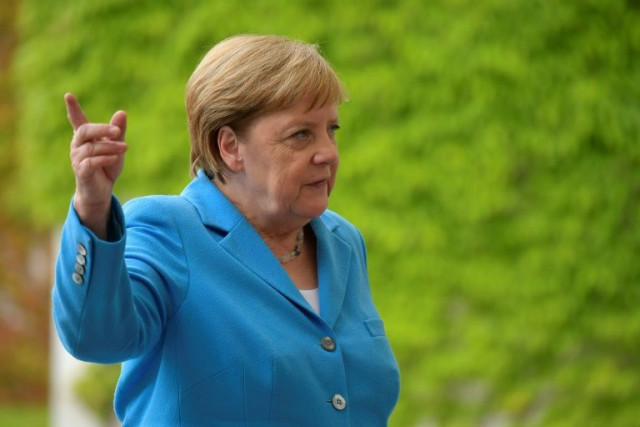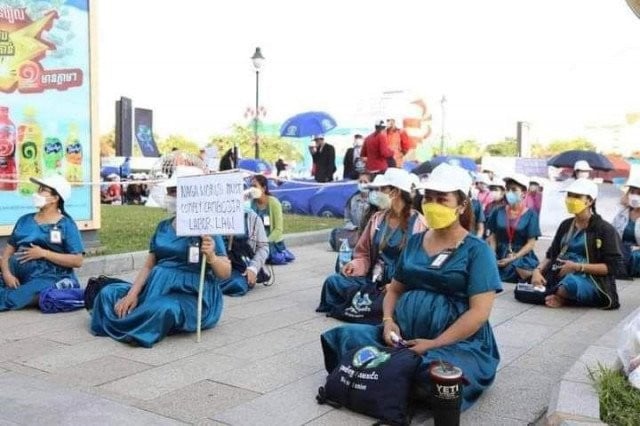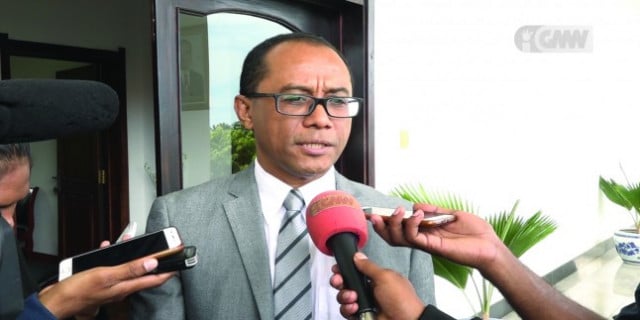Philippines praises "significant progress" in RCEP trade talks

- Xinhua
- August 5, 2019 9:37 AM
MANILA-- The Philippines praised on Monday the significant progress made in talks to create the world's largest trading bloc that wrapped up in Beijing recently.
A ministerial meeting on the Regional Comprehensive Economic Partnership (RCEP) negotiations over the past two days in the Chinese capital Beijing on Aug. 2 to 3 achieved significant progress in pushing negotiations.
Philippine Trade and Industry Secretary Ramon Lopez, who attended the meeting, said in a statement the ministers of the 16 RCEP participating countries "expressed a high level of optimism that the biggest trade deal will soon be concluded in November this year."
"Significant progress had been made in key chapters such as market access and investments, and some issues affecting the speed of the negotiation had been addressed," Lopez said, adding that "parties are more pragmatic in the spirit of wanting to reach conclusion."
Over two-thirds of the negotiations on bilateral market access have been completed, and negotiations on the remaining content are being actively pushed forward.
"We are seeing more flexibility and they are mindful of the sensitivities of each country taking into account the level of its economic development," Lopez added.
The Philippine trade chief said the ministers also noted the challenges being faced by the multilateral trading system right now, and the need to reinforce the trust on the international trade rules, and the free interface of economies.
The RCEP, initiated by the Association of Southeast Asian Nations (ASEAN) in 2012, is a proposed free trade agreement (FTA) between the 10 member states of the association and the six FTA partners of ASEAN -- China, Japan, Republic of Korea, Australia, New Zealand and India.
Indeed, RCEP is envisioned as the biggest trade deal. With 16 trading partners, it is equivalent to almost 47.4 percent of the world population, 32.2 percent of global GDP, 29.1 percent of trade worldwide and 32.5 percent of global investment.
ASEAN, founded in 1967, groups Brunei, Cambodia, Indonesia, Laos, Malaysia, Myanmar, the Philippines, Singapore, Thailand and Vietnam.















